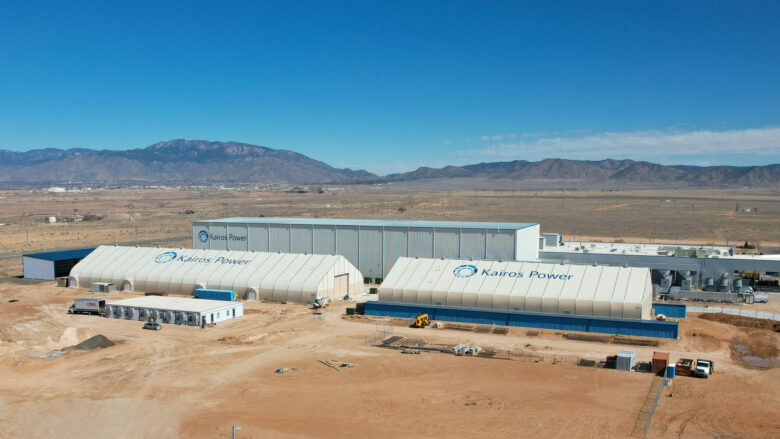Google buys nuclear power plants from startup Kairos Power

Big Tech’s data centers are demanding more and more electricity (also due to the rise of generative AI), and this energy hunger is increasingly being satisfied by nuclear power in the US. For example, Kairos Power and Google have now signed a framework agreement for the development of power plants, paving the way for the construction of a US fleet of advanced nuclear power plants with a total capacity of 500 MW by 2035.
Under the agreement, Kairos Power will develop, build and operate a series of Small Modular Reactors (SMRs). The energy, ancillary services, and environmental credits generated from these will be sold to Google under power purchase agreements. The power plants will be located in relevant service areas to supply clean electricity to Google’s data centers. The first plant is expected to be operational by 2030 to support Google’s goals of zero-carbon energy supply and net-zero emissions.
Google is following the trend of major cloud providers to rely on nuclear power to power their data centers. Microsoft (Azure) and Amazon (Web Services) have already made similar efforts to meet the growing energy needs of their server farms.
Agreement promotes technology development
“Our partnership with Google will enable Kairos Power to move quickly up the learning curve as we work toward cost and schedule certainty for our commercial product,” said Mike Laufer, CEO and co-founder of Kairos Power. An early commitment from Google provides a strong signal of customer demand, reinforcing Kairos Power’s continued investment in our iterative development approach and expansion of commercial production.”
Kairos Power was founded in California in 2016 by Michael Laufer, Edward Blandford and Per Peterson. Instead of water, as used in conventional nuclear reactors, the US startup’s reactor uses molten fluoride salt as a coolant. Molten fluoride salts have “excellent chemical stability and an enormous ability to transfer heat at high temperatures and retain fission products,” it says.
In addition to the sun and wind
Google sees nuclear power as a complement to renewable energy sources such as solar and wind. The Internet company has signed more than 115 agreements since 2010 with a total capacity of over 14 GW of clean energy generation. The additional generation developed under this agreement with Kairos Power will complement Google’s existing use of variable renewable energy, such as solar and wind, it says.
In the USA, but also in large parts of Europe, nuclear power plants are seen as sources of clean energy because they emit little CO2. Only in countries such as Germany and Austria are nuclear power plants not viewed favorably by the population for historical reasons and a strong anti-nuclear movement. At the EU level, however, new nuclear power plants that meet certain requirements are seen as sources of green energy in the EU taxonomy.






























